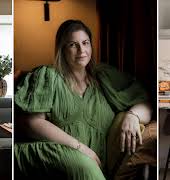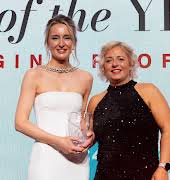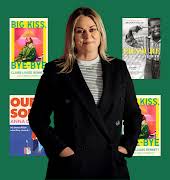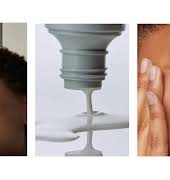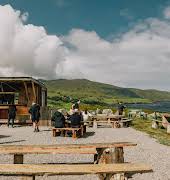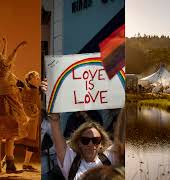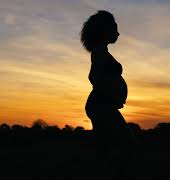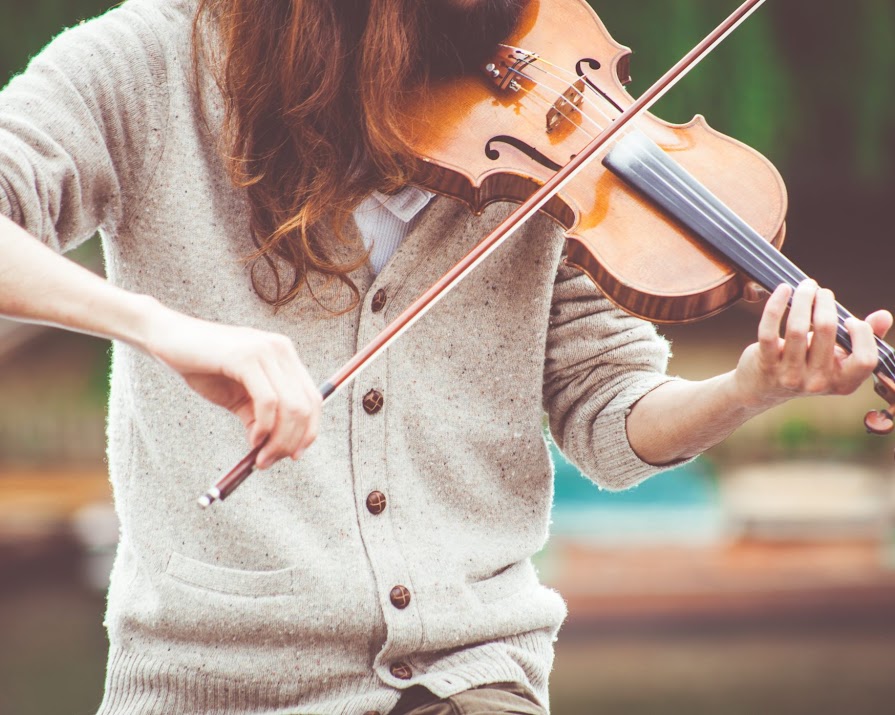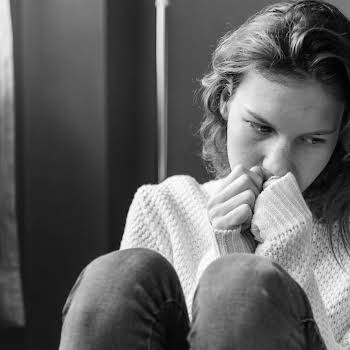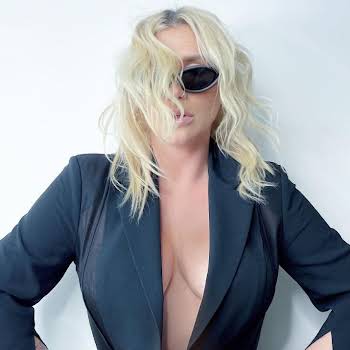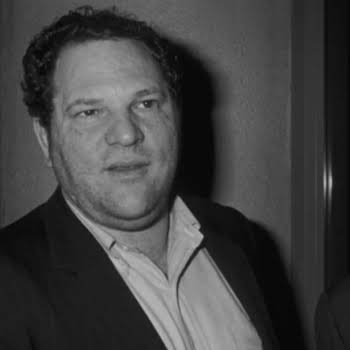
By Edaein OConnell
24th Jul 2020
24th Jul 2020
A special Prime Time Investigates looked at how the MeToo movement made its way to the Irish traditional music scene through the hashtag #misefosta
When the MeToo movement came to prominence in 2017, allegations of sexual abuse by powerful men were heard from the film industry to the tech world.
It seemed no corporation or organisation was immune and the idea that it was happening everywhere became a harrowing truth.
Last night’s Prime Time highlighted that these disturbing stories still lie in the shadows waiting to be heard. In a special Prime Time Investigates, Paul Murphy and Doireann O’Hara looked at how the Me Too movement made its way to the Irish traditional music scene.
In recent weeks, a number of accounts of sexual assault, harassment and sexism in the world of traditional music appeared on social media along with the hashtag #misefosta and an Instagram page.
The #misefosta campaign is being coordinated by a group of around 20 male and female musicians.
View this post on Instagram
Harmful
Long synonymous with craic and laughter, Irish music is an integral part of the country’s culture. It has been cultivated and cherished and its festivals and tours are a highlight of Ireland’s artistic calendar. However, the program investigated a dark side that is harming its female cohort.
The report spoke to a myriad of women who had faced sexism, harassment, and traumatic assault in their careers. One woman was 21-year-old Eilís Murphy who after staying in a shared hotel room after a gig when she was 18, woke up in her single bed to find a male musician beside her.
She told the program: “I woke up and my dress was up to my breasts and his hand was down my underwear. I thought, am I dreaming, am I hallucinating? I was freaked out, I jumped up, ran out of the hotel room. I was shaking. I was going to get sick. I was just horrified… It was so strange and so disturbing that he waited until I was unconscious to make a move on me.”
She knew the alleged perpetrator and confronted him, but he denied that he assaulted her. She didn’t report the incident to the guards, believing it to be a once-off incident. However, Prime Time told viewers it had spoken to two other women who say they were assaulted by the same man.
Other stories of assault were shared, as were the difficulties that make reporting claims an arduous process.
Prime Time also spoke to Dr Úna Monaghan who carried out research in 2018 funded by Cambridge University. The research was based on collected stories where gender was seen as an issue in traditional Irish music. 120 anonymous accounts were collected from 83 respondents who were mainly women. 9% described a sexual assault, 13% sexual harassment, and 26% reflected the general objectification of women and 59% societal gender bias. Issues such as pay disparity and gender-based slights were also prominent issues.
The investigation was met with an immense social media reaction.
Here is what viewers said:
As a trad musician who’s been groped and humiliated more times than I’ve played a full set of Sligo polkas, it’s a huge relief to see #misefosta is a thing. We’ve all known about it, experienced it and kept our mouths shut for so long. Some of our faves are *deeply* problematic.
— Aoife Nic D (@AoifeFiddle) July 23, 2020
The most depressing thing about the #MiseFosta Prime Time segment on #MeToo in the trad music scene here is how completely unsurprising it is. These people taint every community here, from our music to our art to our own language. Huge respect for the women who spoke about it.
— Ciara | Ciaraíoch ? (@Ciaraioch) July 23, 2020
We’ve all known and whispered these stories in corners for as long as I can remember. I’m so impressed by those courageous young women for speaking out #misefosta #rtept https://twitter.com/murphypaule/status/1286393295288119303
— Dr Bríd Dunne (@BridDunneOT) July 23, 2020
I can’t face tuning in to Prime Time but my heart is breaking for us women all over again. Misneach go gach éinne ??? #misefosta
— Tara Nic Giolla Seanáin (@taragilsenan) July 23, 2020
Extraordinarily brave women speaking out and standing up against sexual misconduct#MiseFosta #rteprimetime #FairPlé pic.twitter.com/EzpbA4JpOV
— The Limerick Lady (@LkLadyHQ) July 23, 2020
No sector is immune to sexism and pay inequality.
The women who have come together in @FairPle have done hugely important work to seek better pay and greater respect for women in trad & folk music.
? for speaking out #misefosta
— Senator Marie Sherlock (@marie_sherlock) July 23, 2020
1/2 For those of you who missed @RTE_PrimeTime this evening, it is on RTÉ Player. We owe an awful lot to the courage and actions of #misefosta and we thank them profoundly. Thank you Éilis Ní Mhurchú and @edelnic for your bravery and integrity.
— FairPlé (@FairPle) July 24, 2020
As the National Folk Theatre of Ireland, we condemn the behaviour that has been described by the courageous women of #FairPlé in tonight’s @RTE_PrimeTime investigation with #MiseFosta We offer our support to any who have experienced such unacceptable conduct.
— Siamsa Tire (@siamsatire) July 23, 2020
Read more: ‘I am privileged to walk freely in white skin but my children are not’: raising children of colour in Ireland
Read more: Women speak out: ‘He offered me a promotion but said he needed a favour first. He walked over and pulled up my top’
Read more: Irish nurse describes terrifying experience of contracting Covid-19

